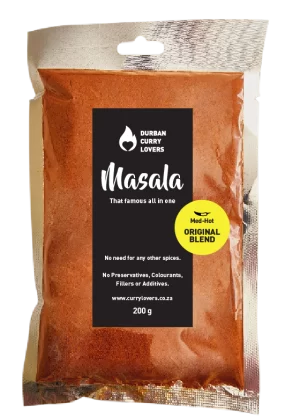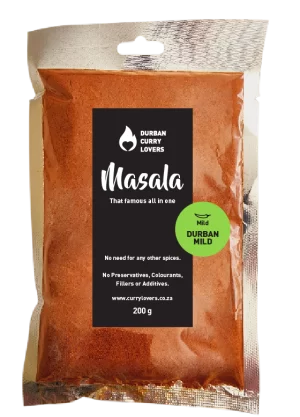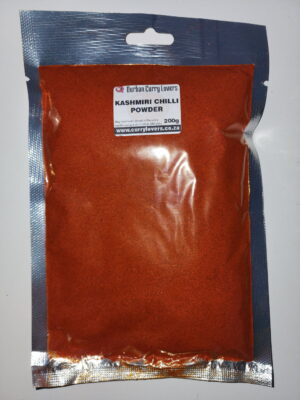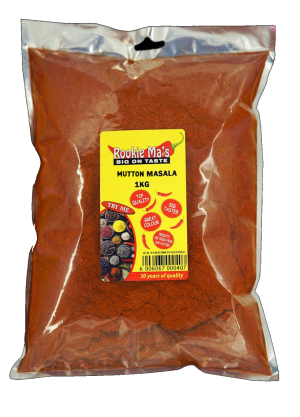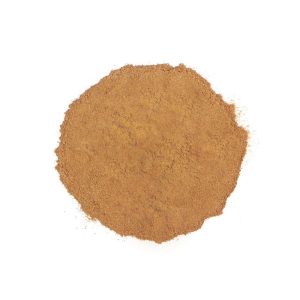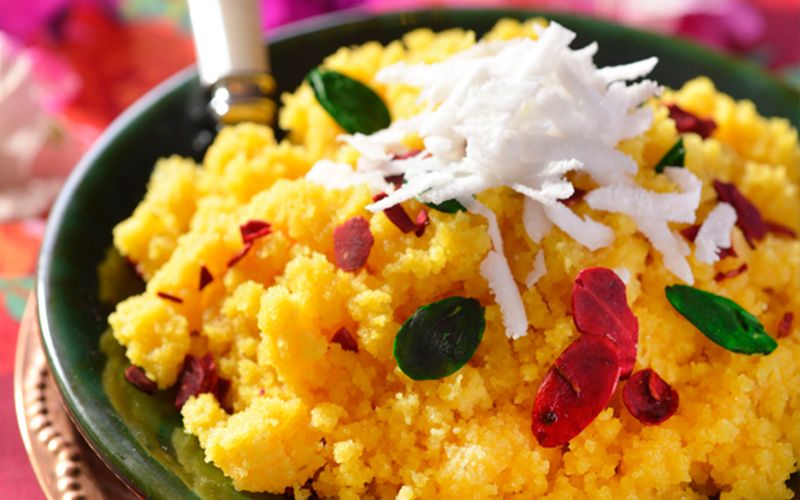
The History of Soji in Durban
Soji, also known as Kesari, is a semolina-based sweet dessert prominent in many parts of India. The history of Soji in Durban traces back to the period when the first indentured Indian laborers were brought to South Africa in the late 19th century. With them, they brought their rich tapestry of culinary delights, one of which was Soji.
Soji’s Place in Durban:
Soji quickly found its place among Durban’s Indian community. It became a staple dessert at religious ceremonies, celebrations, and gatherings. It is often considered a comforting, homely dish, evoking memories of shared meals and close-knit families. Durban’s variation of Soji might differ slightly from its Indian counterparts, particularly in terms of the ingredients available and their proportions, but the essence remains the same.
Durban-style Soji Recipe:
This is a basic recipe to get you started, there are many different versions – we would love to hear yours in the comments below.
Ingredients:
- 1 cup semolina / taystee wheat
- 1 cup sugar
- 1/2 cup ghee (clarified butter)
- 2 cups boiling water
- 1/2 cup milk
- A pinch of saffron strands (optional)
- 1/4 cup sultanas or raisins
- 1/4 cup slivered almonds or cashew nuts
- 1/2 tsp cardamom powder
Method:
- In a heavy-bottomed pan, heat the ghee over medium heat.
- Add the semolina to the ghee and fry until it’s golden brown, stirring constantly to avoid lumps and ensure even browning.
- Once the semolina is golden, add the boiling water carefully. Stir continuously to avoid lumps from forming.
- Add the milk and sugar, stirring until the sugar dissolves.
- Lower the heat and let it simmer, stirring occasionally until the mixture thickens.
- Add the sultanas, almonds or cashews, saffron (if using), and cardamom powder. Mix well.
- Once the Soji pulls away from the sides of the pan and is thick and creamy, it’s ready.
- Transfer to a serving dish and allow it to cool slightly. You can garnish with additional nuts or silver leaf (varak) if desired.
Serve warm and enjoy the rich history and flavor of Durban-style Soji!

